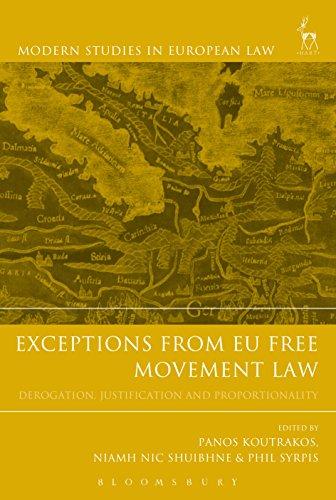Question
The OCB defines online abusive, harassing, or threatening behavior as any communication, or encouragement of communication, on or through the internet that violates any federal,
The OCB defines online abusive, harassing, or threatening behavior as "any communication, or encouragement of communication, on or through the internet that violates any federal, state, or local prohibition involving unlawful communications, including threats of violence, blackmail, or lewd or obscene images." This definition was made as part of Notice and Comment Rulemaking, even though the ACBA required all OCB rulemakings to be "formally enacted" (but made no mentions of any specific Administrative Procedure Act provisions or requirements that rulemaking be done "on the record."). A company called "The New Order" ("TNO") developed an application for smart phones that allows people to send texts or emails disguised as coming from government agencies. The OCB posted to the "Frequently Asked Questions" ("FAQ") of its website that any communication over the internet that could constitute fraud or identity theft would also be prohibited by the ACBA and subject to investigation and fines. The FAQ did not go through any formal procedures or Notice and Comment Rulemaking. The OCB investigated and fined TNO over $300,000 for violating the OCB by selling this app to users that then used it for alleged fraudulent purposes. OCB also adjudicated a dispute between TNO and Facebook after Facebook blocked TNO from its platform. In a formal, on the record proceeding, OCB ruled that Facebook was allowed, under its terms and existing law, to ban TNO from its platform, and found that TNO's posts were, as a matter of fact, threatening and abusive. Respond to the following claim, addressing possible counterarguments (i.e., - why the claim may be wrong): (1) Courts should defer to OCB's rulemaking, fact-finding, and adjudication; (2) Courts should not defer to determinations made in the FAQ by OCB; and (3) the FAQ was not required to go through public Notice and Comment Rulemaking.
Step by Step Solution
There are 3 Steps involved in it
Step: 1

Get Instant Access to Expert-Tailored Solutions
See step-by-step solutions with expert insights and AI powered tools for academic success
Step: 2

Step: 3

Ace Your Homework with AI
Get the answers you need in no time with our AI-driven, step-by-step assistance
Get Started


